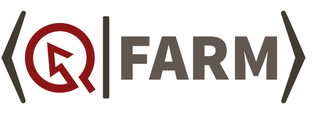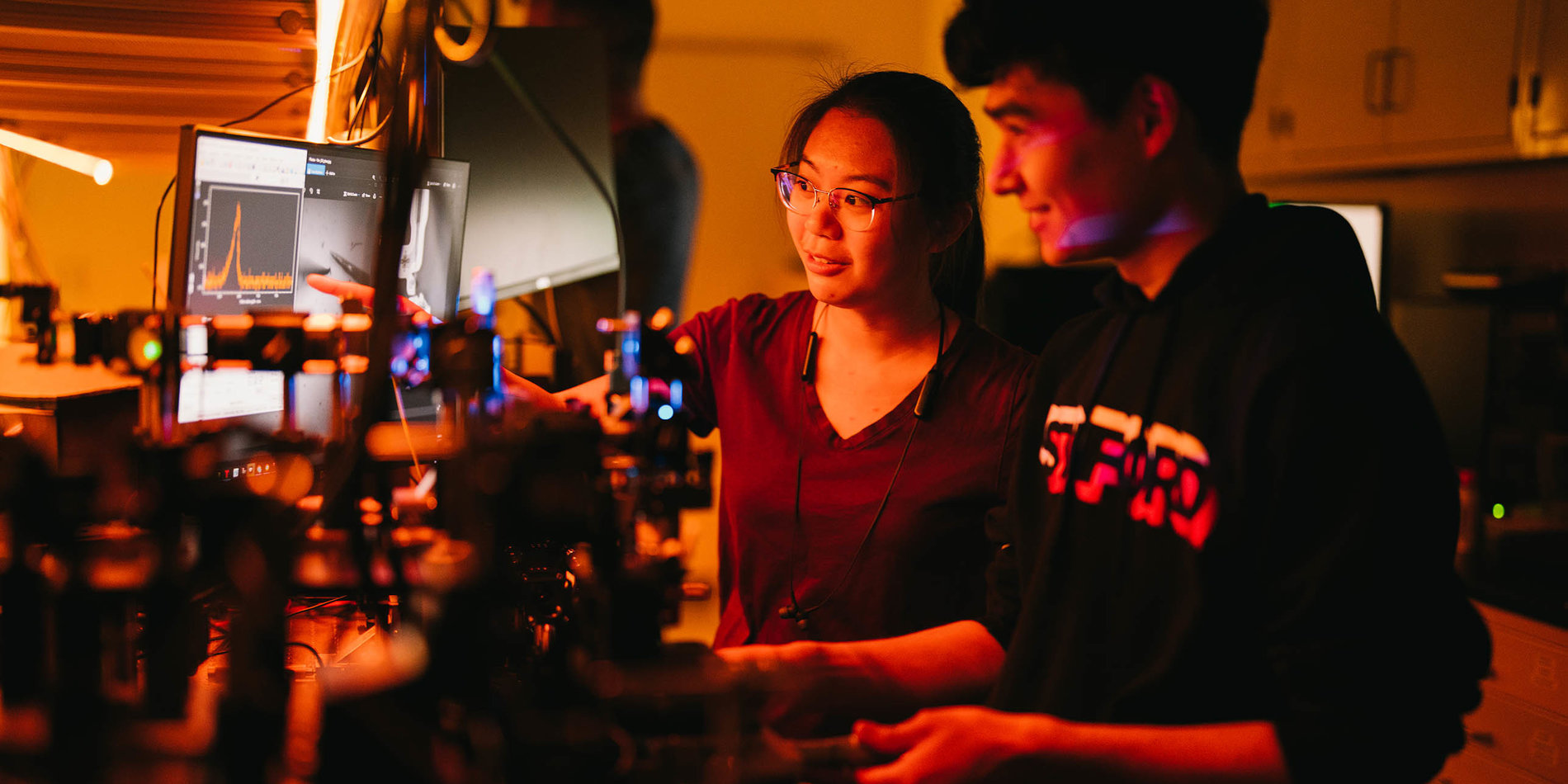Physicists have invented a new type of analog quantum computer that can tackle hard physics problems that the most powerful digital supercomputers cannot solve.
New research published in Nature Physics by collaborating scientists from Stanford and University College Dublin (UCD) has shown that a novel type of highly-specialized analogue computer, whose circuits feature quantum components, can solve problems from the cutting edge of quantum physics that were previously beyond reach. When scaled up, such devices may be able to shed light on some of the most important unsolved problems in physics.
The architecture for these new quantum devices involves hybrid metal-semiconductor components incorporated into a nanoelectronic circuit, devised by researchers at Stanford, UCD and the Department of Energy's SLAC National Accelerator Laboratory.
Excerpted from "Analog Quantum Computer Could Solve Mysteries of Physics"
Related news
"Researchers take a step toward novel quantum simulators," nanowerk.com



